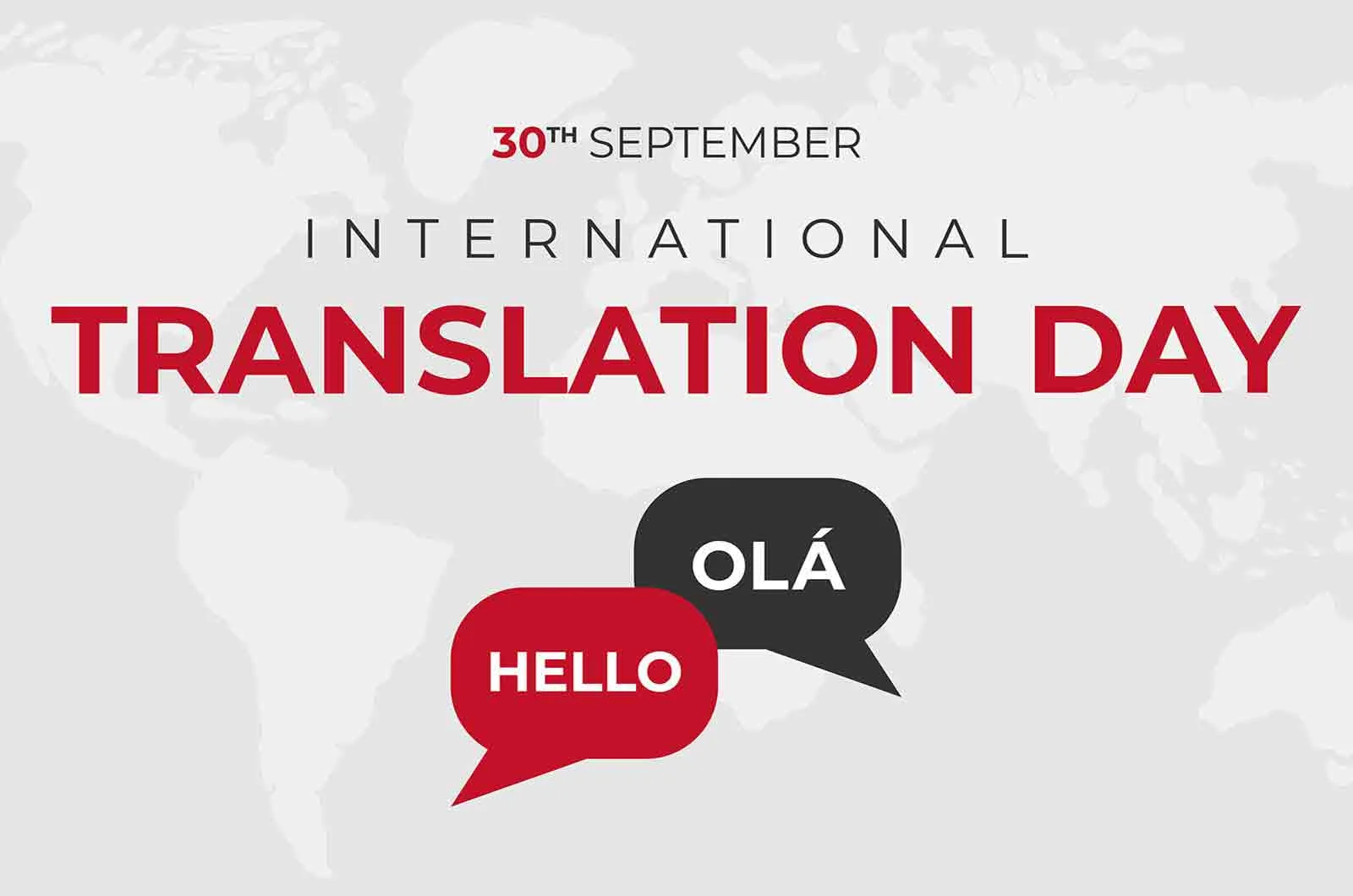
Read More
A certified translation service is essential when translating legal documents. Law is a diverse industry with several areas of specialisation. Even minor mistranslations can have tremendous impacts on final outcomes. Therefore, general UK translators can’t professionally handle legal translation projects. You need to use a certified translation service offered by specialised legal translators.
When deciding which UK translators to work with, consider that your project may also require multiple legal subject matter experts (SMEs). They can translate content accurately and comprehensively across their specific legal expertise, whether criminal or immigration law. This article looks at these points in more detail and helps you choose the best certified translation service for your project.
Why Do I need a Certified Translation Service?
Before we discuss what to look for when hiring legal translators, it’s important to cover why investing in a certified translation service is crucial. Depending on the legal paperwork, an accredited translation might be required. Without it, your paperwork won’t stand up in court.
A certified translation service is not legally mandated for other legal documents, but it is still a wise decision. Although it is tempting to source a general translation, you cannot assume that general UK translators understand the legal jargon in the target language. This can result in translation mistakes, and – aside from looking unprofessional – legal translation errors can cause financial losses, broken business deals, and lawsuits.
Using industry glossaries will not be helpful for translators not well-versed in the most up-to-date laws in the applicable country, either. Laws vary significantly between countries; unless these legalities are understood, a glossary has limited use. Therefore, hiring native professional translators that are also legal experts is mandatory. These translators know the specific legal jurisdiction in which your transaction or case will take place.
Why Should I Hire Legal UK Translators?
Hiring a professional legal translator trumps general UK translators regarding certified translation services. Here is a closer look at the reasons you may need a professional translation service:
- Laws Are Always Changing: Governments constantly write and modify laws. Therefore, translating legal information into multiple languages is a continuous need as old laws are replaced with new regulations. This helps ensure that everyone in your department is aware of the current laws that may affect their cases.
- Legal Matters are Crossing International Borders: As global infrastructure and mobility expand, so do the number of multinational legal transactions. International law is its own discipline and requires diverse subject matter experts. The overlapping of local, regional, national and international jurisdictions creates complexities that need careful management.
- Law is Risky Business: All industries require business risk mitigation when translating content. Ineffective communications can result not only in misunderstandings but also in costly litigation and punitive measures. Thus, it is imperative to hire a highly competent legal translation team with professional liability insurance to work on your legal translation projects.
- Diverse Spectrum of Legal Specialisations: There are many distinct areas of law, and no attorney can be an expert in all practices. In the same light, legal translators cover one area of legal expertise. This is vital as a certified translation service uses unique technical terminology such as contract law, insurance law, criminal law, commercial law, etc.
What Types of Legal Content Should I Translate?
Contracts are translated most often by UK translators specialising in contract law. These contracts need to be understood thoroughly by speakers of multiple languages so that they are aware of the legally-binding agreement they’re entering into. Other common projects that call for a certified translation service include:
- Legislation, Regulations and Policies
- Legal disclaimers, Terms & Conditions, Privacy Policies
- Confidentiality & Non-Compete Agreements
- Affidavits, Depositions, Court, Expert and Witness Transcripts
- Patent and Trademark Applications
- Letters of Credit, Financial Documents and Transportation & Logistics Documents
- Certifications, Registration, Licences & Transcripts
- Litigation & Arbitration Documents
What Should I Look for in a Professional Legal Translator?
Unfortunately, subject matter expertise and fluency in more than one language do not qualify UK translators to translate legal materials. Professional translators undergo significant training in translation best practices and have years of experience in their specific areas of expertise.
Before investing in a certified translation service, check for the following:
- Qualifications: Check that the translation agency only employs qualified UK translators with translation degrees. To offer a certified translation service, translators must also pass a test through an association to prove they can deliver 100% accurate results.
- Specialisation: Check that the translators have the expertise to translate legal documents, including the precise area of law in which your documents are regarding. The more narrow the areas of specialisation, the more in-depth your translator’s understanding.
- Proofreading: Most credible translation agencies will have quality assurance processes that require more than one person to proofread all materials. If your content is critical, getting a second opinion to verify translation accuracy and precision is always a good idea.
Certified Translation Services You Can Trust!
You must always contact a reputable professional language service provider to translate legal content. Ask about the level of specialised subject matter expertise and years of experience for their UK translators. You should also ask for proof of certifications and professional liability insurance. These both ensure that the agency can offer a certified translation service, and you’re covered in the case of translation errors.
Anyone needing a certified translation service can rely on our team. We are an associate member of the Association of Translation Companies in England, and we offer a complete array of legal translation services in various legal practices. Our professional translation subject matter experts are eager to get started on your project. Contact us to learn more, or request an instant translation quote today.





